One hundred new electric vehicle chargers have been switched on across London in a bid to support the capital’s growing fleet of plug-in vehicles, in particular the new electrified black cabs.
The chargers provide 50kW, enabling top-ups in as little as 20 minutes. Of the 100, 51 are reserved for use by the new LEVC TX cabs, which entered service at the start of the year.
Mayor of London Sadiq Khan (pictured below) said the new chargers “mark a big step forward in the shift to zero-emissions vehicles, which the capital desperately needs to clean up our toxic air”.
Khan continued: “widespread change will not happen until a sufficient charging infrastructure is in place, allowing taxi drivers, businesses and Londoners to easily make the switch”.
Last week, a group of MPs recommended bringing the UK’s new petrol and diesel car ban to 2030, an advance of a decade on previous plans, and today’s London announcement echoes the findings of their report.
New research published today by the WWF (World Wide Fund for Nature), suggests that halting the sale of new combustion-engined cars could reduce transport pollution by up to 30%.
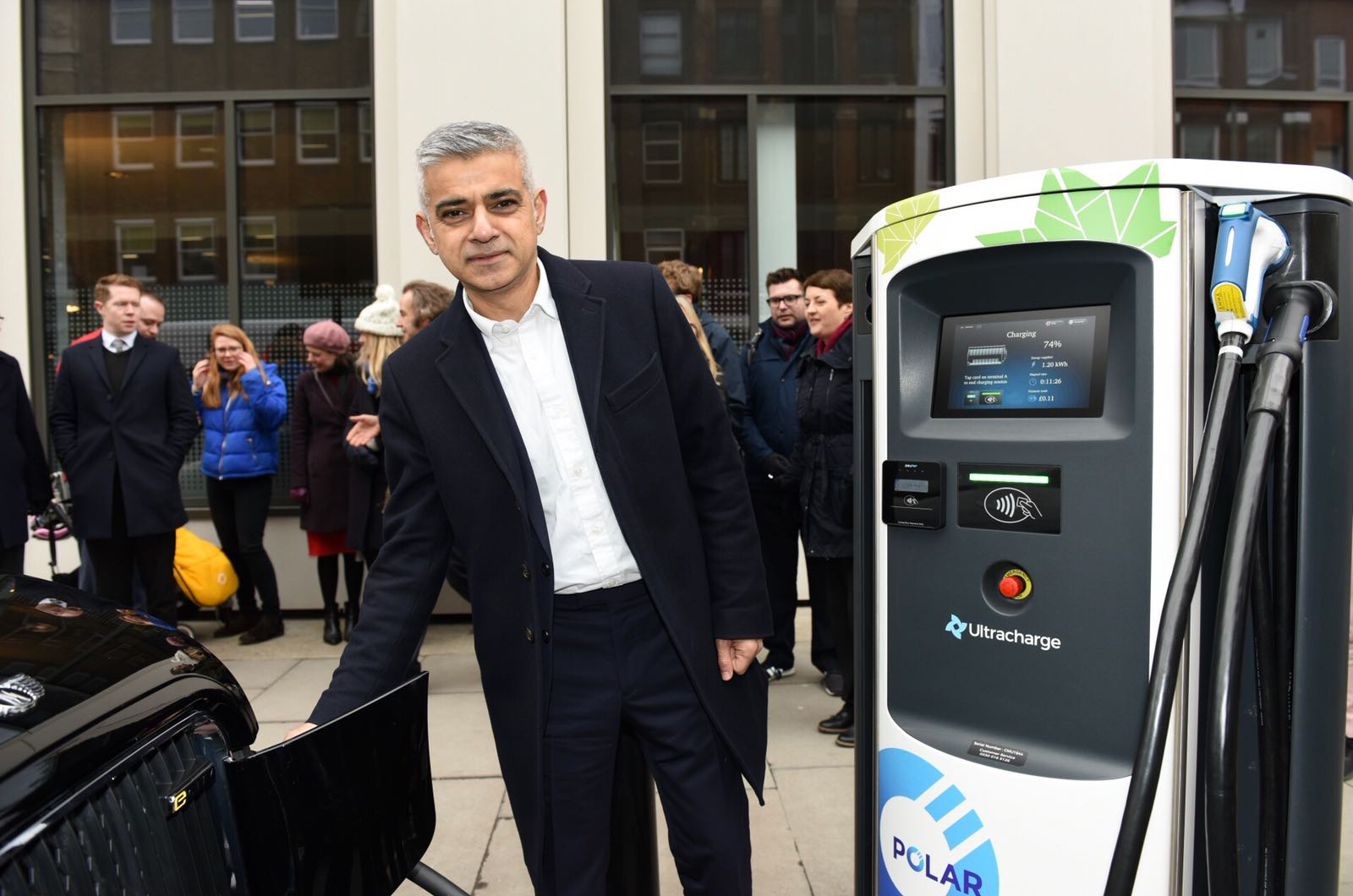
“The number of electric vehicles in London stands at 10% of the UK total [which is 118,000],” said Khan. “Alongside around 2,000 standard charge points already installed across London, at least 150 Transport for London-funded rapid charging points are set to be in place by the end of 2018, in addition to new infrastructure in residential neighbourhoods.”
The existing fleet of diesel-engined black cabs is blamed for a large portion of London’s NOx pollution. The Mayor’s office claims that 16% of NOx and 31% of Particulate Matter (PM2.5) road transport emissions in central London are caused by these older taxis.
The new charger expansion is part of a wider plan to boost the uptake of LEVC TXs. The Mayor’s office said sales targets for the TX suggest that NOx could be reduced in central London by up to 45% by 2020.
LEVC CEO Chris Gubbey said: “London's cab drivers are at the front line of the city's fight to improve air quality, and their support will ensure the successful transition to cleaner vehicles in the capital. Their commitment is already demonstrated by the hundreds of pre-orders for our new range-extender electric taxi.

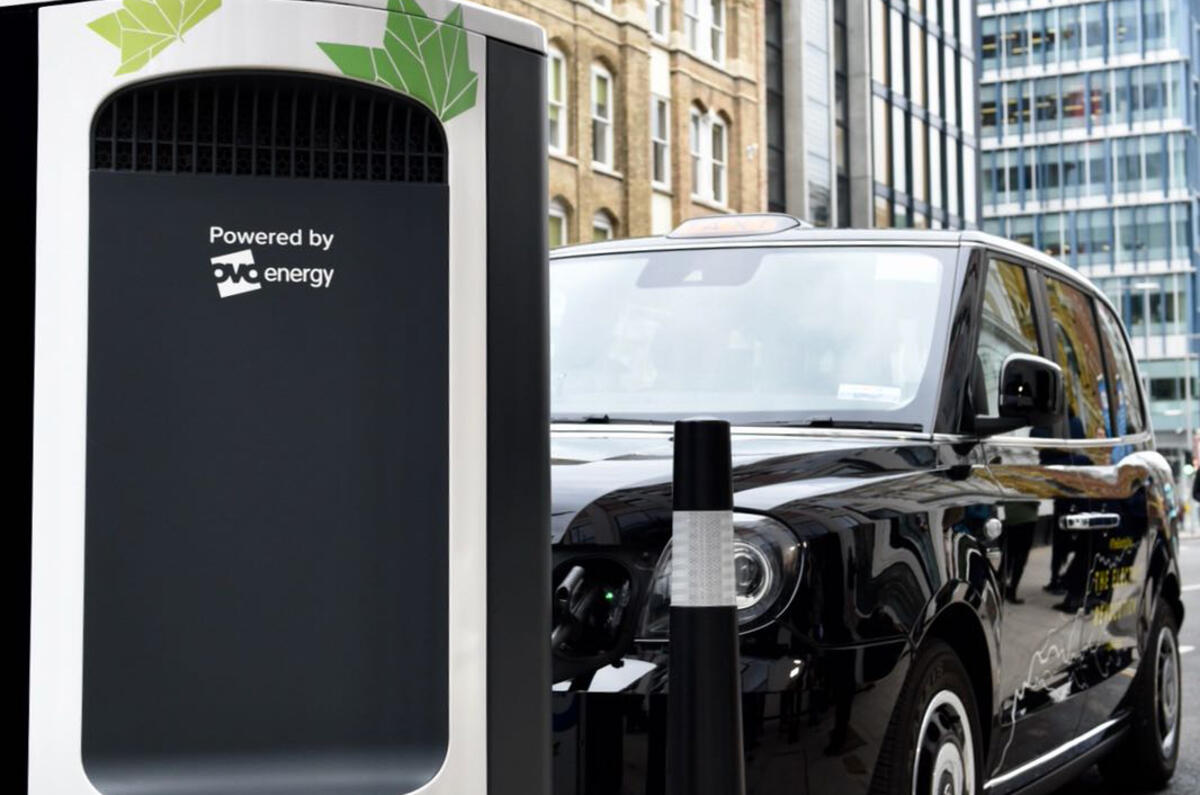
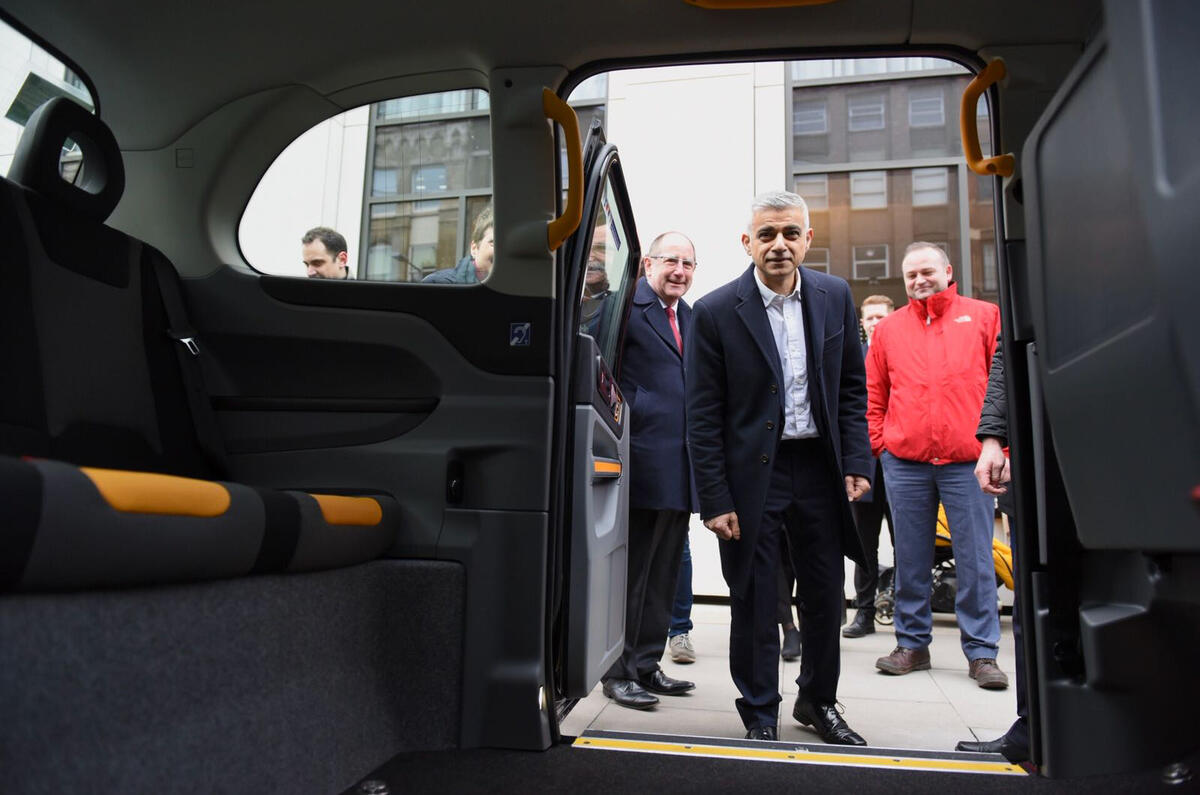
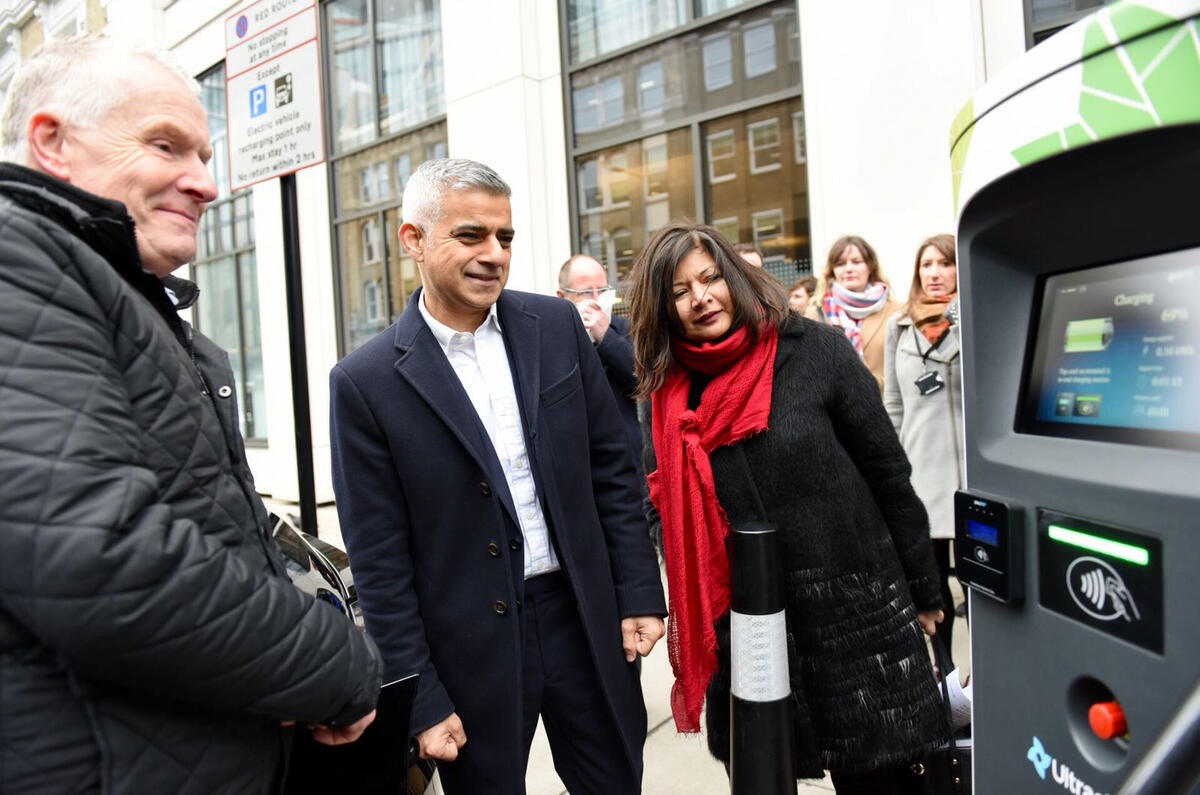
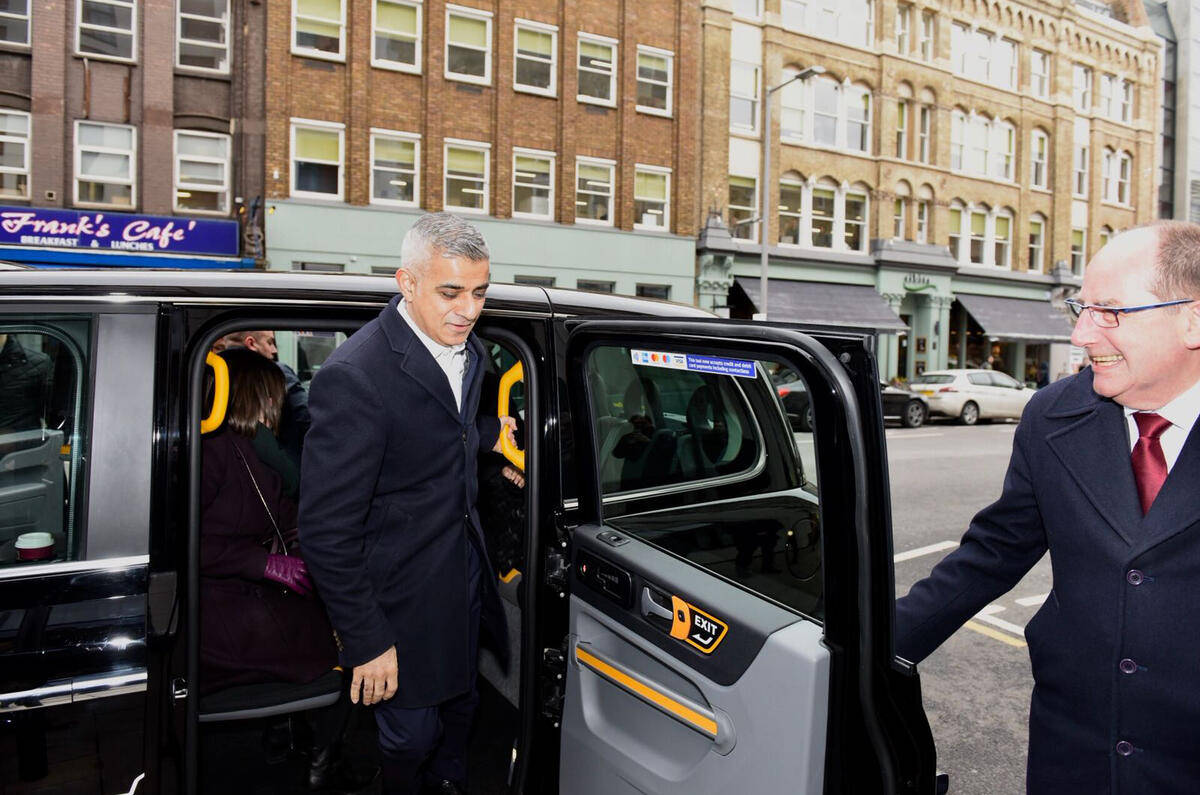
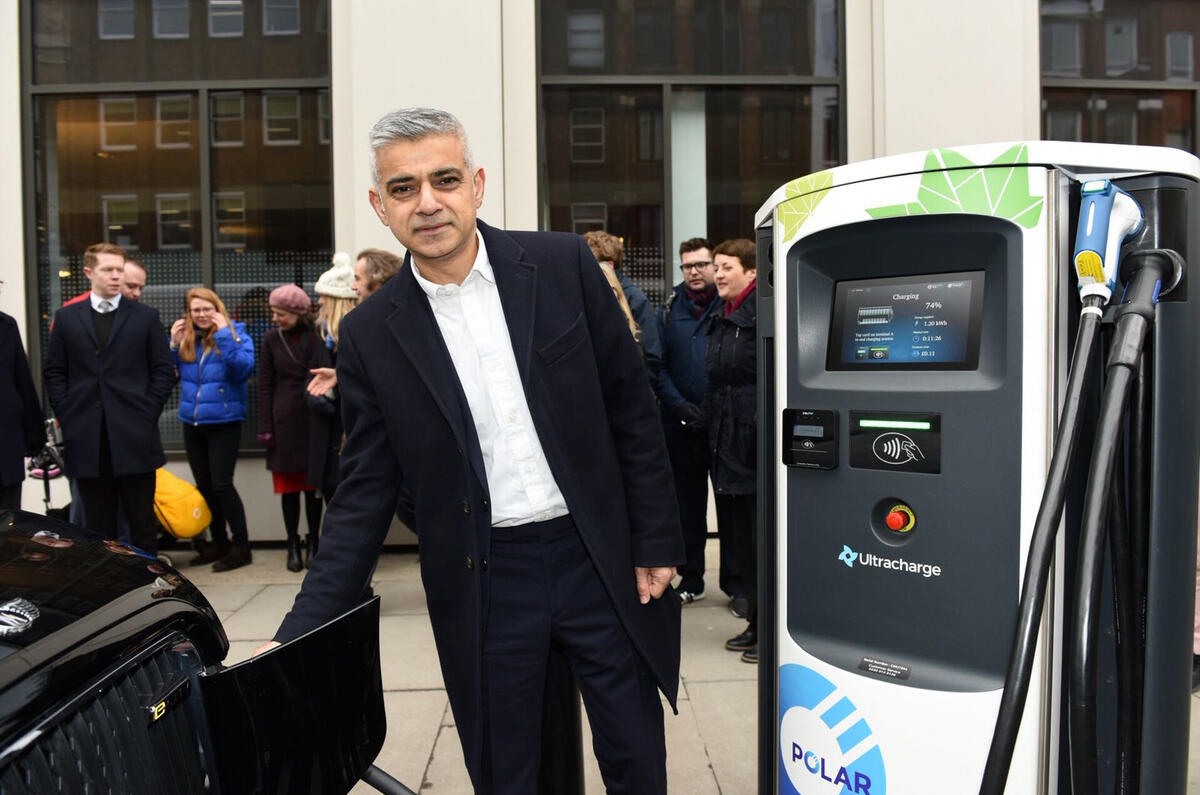
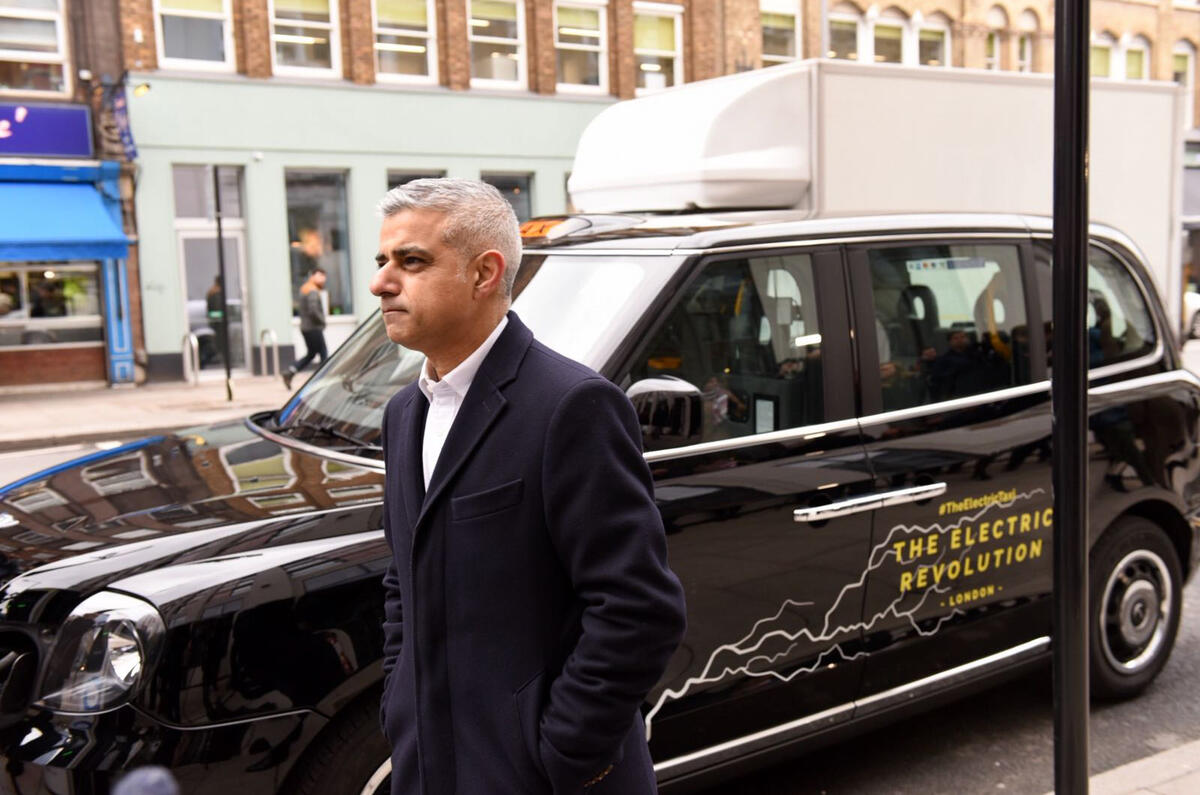




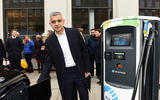
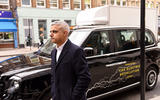

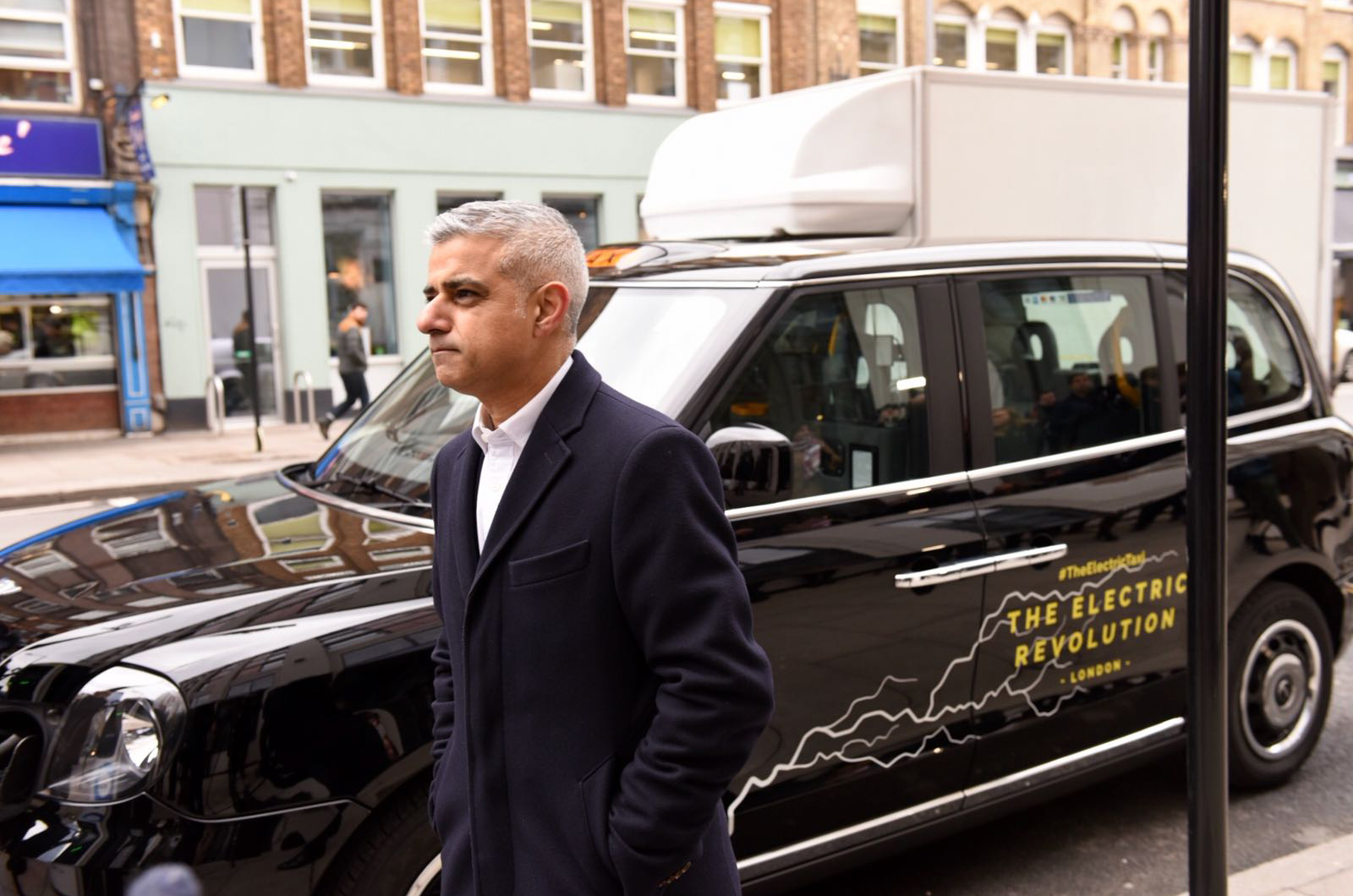

Join the debate
Add your comment
Why use this crappy outdated tech
instead of pure using pure EV? A long range Tesla could *easily* handle a day's taxi driving. And it's not as if these new taxis are cheap.
ac555 wrote:
Not as expensive as a Tesla though.....?
Alternatives, I-Pace
It's only slightly cheaper than an I-Pace.
And alot more than a Tesla Model 3 (if they ever get round to meeting worldwide demand and import it)
ac555 wrote:
A Tesla doesn;t have the amount of inside space that a London cab can offer, bu tyes, a pure EV London cab would be better
ac555 wrote:
There are no current Tesla models that can meet the requirements of a London Taxi, and lets alsoremember, the new TX is a petrol hybrid not a diesel, and can you used for longer distances in one hit than any current Tesla, or any being released in the near future, a theoretical range of 400 miles before needing to recharge or refuel, can a Tesla match that?
They also cant meet the demand for their current range, so I cant see them ever meeting the demand to provide taxis at a price the average driver can afford, but hey, they go really fast in a straight line, and they can make their doors dance.
#onetrickpony
Examples
What miles do London taxi's do on a day to day basis then? Obviously a Model S couldn't replace a pure London cab, the original post made reference to what's possible with a pure EV that would be better in the City for £55k, or whatever Geely overcharge you.
Want an example of what Tesla can do in the taxi business, Amsterdam’s Schiphol airport have used them for 4+ years, they've also just replaced them with ..... another fleet of Model S's. The old ones were sold of with mileage ranging up to 300,000km
And how do Model S doors dance?